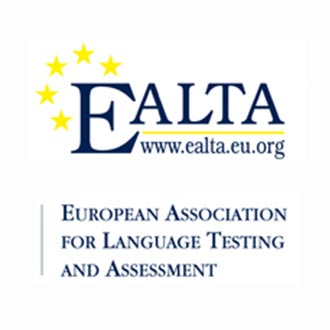Education International deplores the reductions in governments’ expenditure on education and cuts in teachers’ salaries and increases in their working time which are reflected in the latest OECD statistics published on the 25th of June.
Education at a Glance: OECD Indicators
In response to the latest statistics contained in the annual OECD publication, Education at a Glance 2013, Education International calls on all governments to increase their investment in education, especially in this time of recession and market uncertainties. Increasing the availability of high quality education is the basis for sustainable long-term social and economic development.
“While GDP rose (in real terms) in most countries between 2009 and 2010, public expenditure on educational institutions fell in one-third of OECD countries during that period, probably as a consequence of fiscal consolidation policies,” according to the OECD report.
Education at a Glance 2013 presents an informative picture of the state of education systems in OECD countries. It provides data on the negative impact of the economic crisis and the austere economic policies adopted by many governments in the OECD countries, including cuts in education spending.
While the OECD chooses to focus on youth unemployment and a call for education policies to strengthen the teaching of skills for “ever-changing labour markets”, it fails to emphasise the trend towards reducing investment in key areas of public education.
 National profiles
National profiles
In the years 2008-2010 only five countries cut public expenditure on educational institutions: Estonia (by 10 per cent), Hungary (by 10 per cent), Iceland (by 12 per cent), Italy (by 7 per cent) and the United States (by one per cent).
However, in 2011-2012, cuts in education budgets were made in 15 OECD countries/regions. Cuts of more than five per cent were observed in Greece, Italy, Hungary, Portugal and the United Kingdom (Wales), whereas decreases of one per cent to five per cent were seen in Belgium (French Community), the Czech Republic, Estonia, France, Ireland, Poland, the Slovak Republic, Slovenia, Spain and the United Kingdom (Scotland).
“On average across OECD countries with available data, teachers’ salaries decreased, for the first time since 2000, by around two per cent at all levels of education between 2009 and 2011,” according to the OECD.
For example, between 2000 and 2011, teacher salaries decreased in four OECD countries: Japan, France, Greece and Switzerland. However, between 2009 and 2011, decreases have been occurred in 15 additional countries: Austria, Czech Republic, Denmark, England, Estonia, Finland, Hungary, Iceland, Ireland, Italy, Korea, New Zealand, Scotland, Spain and United States.
“On average across OECD countries, pre-primary teachers earn 80 per cent of the salary of a tertiary-educated, 25-64-year-old full-time, full-year worker, primary school teachers earn 82 per cent of that benchmark, lower secondary teachers are paid 85 per cent, and upper secondary teachers are paid 89 per cent of that benchmark salary” (OECD).
“In almost half of the countries with available data, the amount of teaching time increased between 2000 and 2011 in primary, lower secondary and/or upper secondary education” (OECD).
In Israel and Japan, there was a 15 per cent increase in teaching time at the primary level between 2000 and 2011. Secondary school teachers in Portugal and Spain were required to teach over 25 per cent more in 2011 than in 2000 (up to 50 per cent more in Portugal at the upper secondary level); in Luxembourg, secondary school teachers were required to teach 15 per cent more hours in 2011 than in 2005.
Teaching time also increased by around 15 per cent at the upper secondary level in Korea and Iceland.
EI: Report is a wake-up call
EI deplores these findings. “Without a highly qualified and well-supported teaching profession, which is attractive to young people as a career choice, delivering a quality education service, there will not be robust economic recovery or development,” stated EI General Secretary Fred van Leeuwen.
“This Education at a Glance 2013 report should serve as a wake-up call for policy makers across countries and continents in and beyond the OECD area.”
EI believes policies which reduce public expenditure on education or undermine the status and quality of the teaching profession will do enormous long-term damage to the welfare of citizens and undermine the prospects for economic growth and development.


